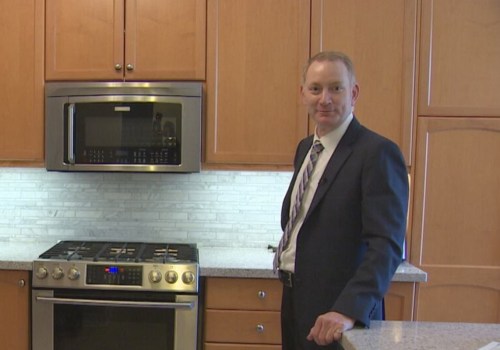Determining the right time to replace your washing machine can save you from inconvenience, costly repairs, and higher utility bills. Washing machines are an essential household appliance, and their efficiency impacts your daily routine and energy consumption. Generally, a washing machine lasts about 10 to 15 years, but several factors can influence when it’s time for a replacement. Recognizing the signs that your washing machine is nearing the end of its life can help you plan for a new purchase before it becomes an emergency.
One of the primary indicators that your washing machine may need replacing is its age. If your machine is over a decade old, it might be time to consider a newer model. Advances in technology have significantly improved the efficiency and functionality of modern washing machines. Newer models use less water and energy, which can result in substantial savings on your utility bills. Additionally, they often come with advanced features such as multiple wash cycles, better load capacity, and quieter operation.
Frequent breakdowns and the cost of repairs are also strong signals that it might be time to replace your washing machine. If you find yourself calling a repair technician more often than you used to, it could be more economical to invest in a new machine. Continual repairs not only add up financially but also cause frustration and disruption. Some common issues, like a malfunctioning motor or drum, can be expensive to fix, making replacement a more cost-effective option in the long run.
Performance issues are another clue that it’s time for a new washing machine. If your clothes are not coming out as clean as they used to, or if the machine is leaving them soaking wet, it’s a sign that the appliance is not working efficiently. Poor performance can be due to worn-out parts or outdated technology. Modern washing machines are designed to provide a superior wash quality while using less water and detergent. Upgrading to a new machine can ensure that your laundry is cleaned thoroughly and efficiently.
Unusual noises during operation can also indicate that your washing machine is on its last legs. While some noise is normal, especially during the spin cycle, excessive banging, clanking, or grinding sounds are cause for concern. These noises can be a sign of a serious mechanical issue, such as a failing motor or loose internal components. If these problems persist even after repairs, it’s likely time to consider a replacement.
Another factor to consider is the efficiency of your current washing machine. Older models tend to use more water and energy, contributing to higher utility bills. Energy-efficient models, often certified by ENERGY STAR, use significantly less water and electricity, making them more environmentally friendly and cost-effective over time. Replacing an old, inefficient machine with a modern, energy-efficient one can reduce your household’s environmental footprint and lower your monthly expenses.
Additionally, if you are experiencing water leaks from your washing machine, it’s a serious issue that needs immediate attention. Water damage can lead to mold growth and structural problems in your home. If the source of the leak is not easily fixable, or if repairs have not resolved the issue, replacing the machine is the best course of action to prevent further damage and potential health hazards.
Lifestyle changes can also prompt the need for a new washing machine. For example, if your family has grown and your laundry needs have increased, you might need a machine with a larger capacity. Conversely, if your household size has decreased, you could opt for a more compact and efficient model that suits your current needs. Modern machines offer a range of sizes and features to accommodate different household requirements.
Lastly, advancements in technology have introduced smart washing machines that offer greater convenience and connectivity. These machines can be controlled remotely via smartphone apps, provide notifications when a cycle is complete, and offer diagnostic features to troubleshoot issues quickly. If you value these modern conveniences, upgrading to a smart washing machine can enhance your laundry experience.
In summary, knowing when to replace your washing machine involves considering its age, performance, repair frequency, noise levels, efficiency, and the presence of leaks. Upgrading to a new machine not only improves your laundry’s cleanliness and efficiency but also provides peace of mind and potential savings on utility bills. Keeping an eye on these factors ensures that you can replace your washing machine before it becomes a major inconvenience. Additionally, integrating other home improvements, such as new flooring in Oahu, can further enhance your home’s functionality and aesthetic appeal, creating a more enjoyable living environment.




